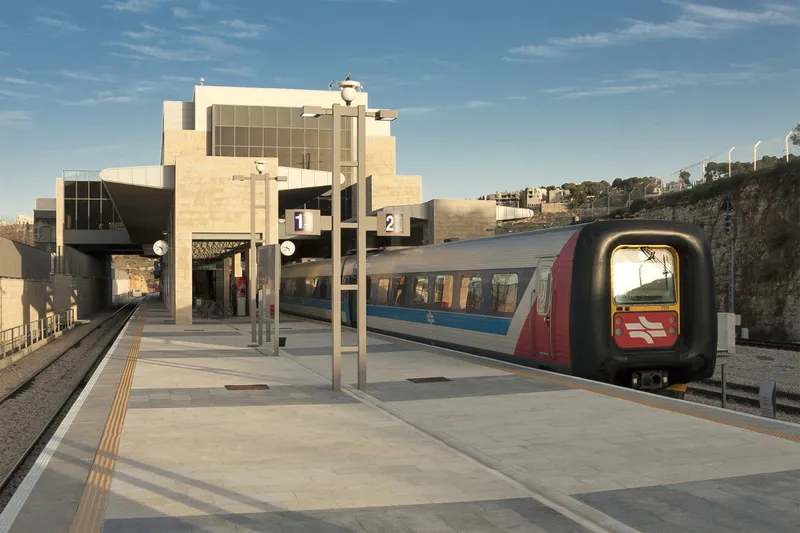The contracts for the design and construction of Riyadh’s new US$22.5 billion metro system, the next major step in the development of the largest public transport project in the world - the Riyadh Public Transport Project. The Project encompasses a city-wide metro, bus network, and park and ride services.
The Arriyadh Development Authority (ADA) has announced that Riyadh Metro Transit Consultants (RMTC), a joint venture between US firm Parsons and French firms Egis and Systra, has been awarded the first
August 28, 2013
Read time: 2 mins
The contracts for the design and construction of Riyadh’s new US$22.5 billion metro system, the next major step in the development of the largest public transport project in the world - the Riyadh Public Transport Project. The Project encompasses a city-wide metro, bus network, and park and ride services.
The Arriyadh Development Authority (ADA) has announced that Riyadh Metro Transit Consultants (RMTC), a joint venture between US firm4089 Parsons and French firms 7319 Egis and 5602 Systra, has been awarded the first project and construction management contract, valued at US$556 million. RMTC will be responsible for managing metro lines 1, 2 and 3, which will be designed and built by the BACS and Arriyadh New Mobility group consortia.
Riyadh Advanced Metro Project Execution and Delivery (Ramped), a joint venture between4736 Louis Berger and 6321 Hill International, was awarded the second contract to manage metro lines 4, 5 and 6. These lines will be designed and built by the FAST consortium. The contract is valued at US$264 million.
Ibrahim Bin Muhammad Al Sultan, president of ADA and member of the High Commission for the Development of Arriyadh, commented: “Today’s announcement means that we now have the major partners in place to design, build and project manage the development of the Riyadh metro. These international firms have experience delivering some of the world’s most iconic infrastructure projects and will work alongside Saudi Arabian expertise to oversee Riyadh’s ambitious and world-class transport project. It is a very exciting day for the people of Riyadh and over the coming months they will start to see this project take shape.”
The Arriyadh Development Authority (ADA) has announced that Riyadh Metro Transit Consultants (RMTC), a joint venture between US firm
Riyadh Advanced Metro Project Execution and Delivery (Ramped), a joint venture between
Ibrahim Bin Muhammad Al Sultan, president of ADA and member of the High Commission for the Development of Arriyadh, commented: “Today’s announcement means that we now have the major partners in place to design, build and project manage the development of the Riyadh metro. These international firms have experience delivering some of the world’s most iconic infrastructure projects and will work alongside Saudi Arabian expertise to oversee Riyadh’s ambitious and world-class transport project. It is a very exciting day for the people of Riyadh and over the coming months they will start to see this project take shape.”







